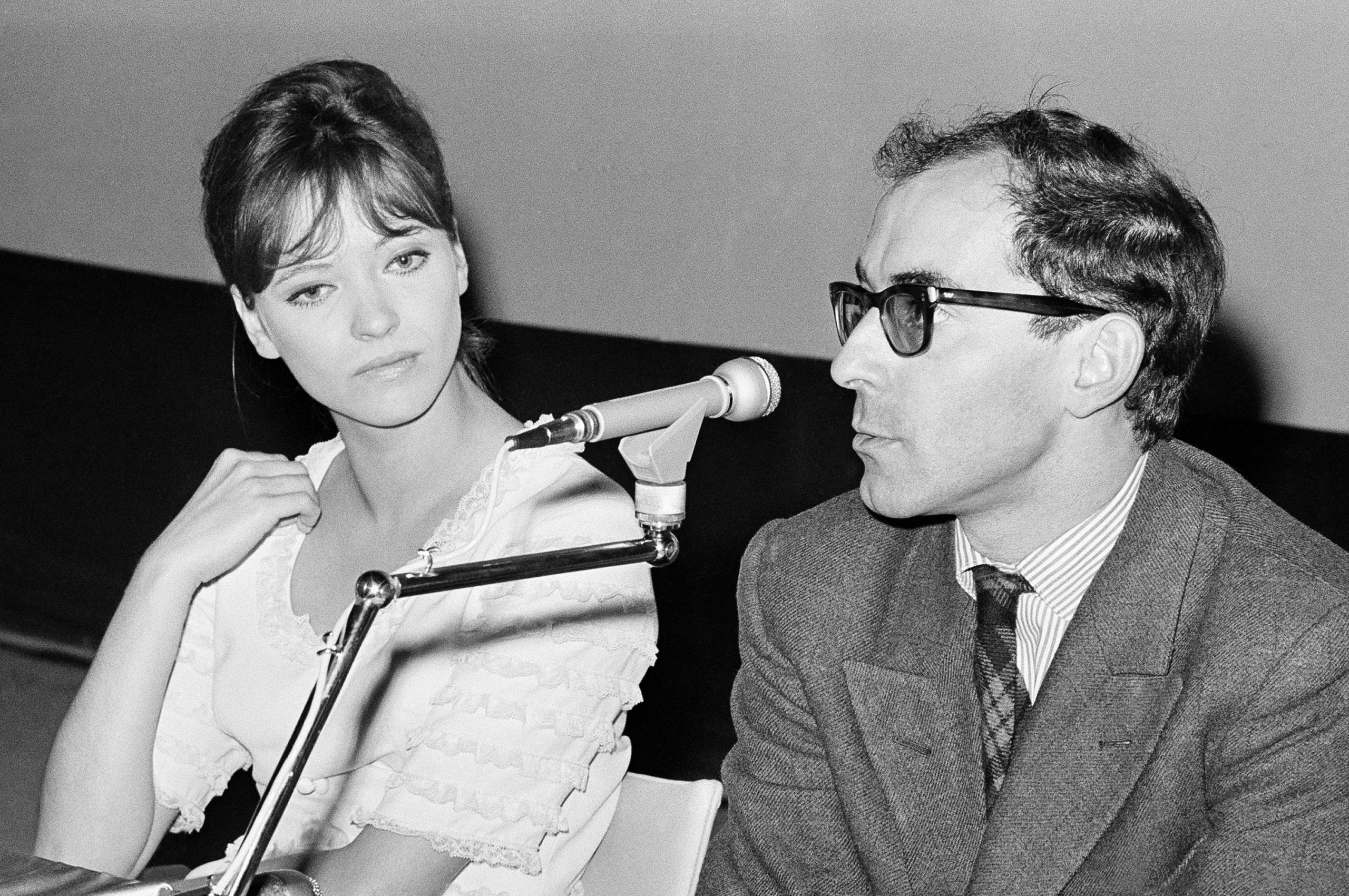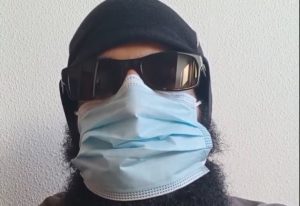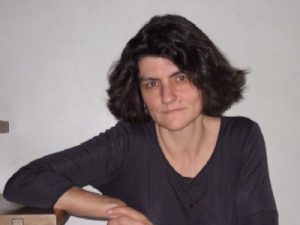Legendary filmmaker Jean-Luc Godard, the father of the French New Wave, died aged 91 on Tuesday, September 13, according to reports by the French newspaper Liberation and other French news media outlets. The circumstances of his death are as yet unknown.
The French filmmaker broke off with established cinematic norms to start what later became known as the French New Wave. In his illustrious career, the filmmaker has made close to 30 films that have gone on to become classics.
Also read: Adieu Godard: The French filmmaker’s India connection
He was also known for his radical political views which found a place in his films as well. His tryst with radical ideas came amidst the political upheaval in Europe in the late 1960s and into the 1970s. The 1960s was the decade when a number of left-wing radical movements gripped Europe and arguably reached their zenith in May 1968 when the student-worker protests broke out in Paris.
The films that Godard made during this period are considered to be the best exponents of his revolutionary stances. His auteur from this period has often been labeled as ‘Maoist’ or ‘militant’ due to the obvious revolutionary rhetoric that he employed in them.
Part of Godard’s revolutionary stances were influenced by his collaboration with Jean-Pierre Gorin, a student of Louis Althusser and a proclaimed Maoist. During this period, the duo made five films together, which contained strongly subversive messages.
They also founded the Dziga Vertov group – a rotating collective of Maoist filmmakers and enthusiasts. They worked to make cinema outside of the traditional studio system and with a high political engagement factor. The films made during this period are still not available for viewing in the US.
Also read: Jean-Luc Godard: 5 best movies
However, the filmmaker’s revolutionary ideas are best exemplified in his effort to stop the 1968 Cannes Film Festival, along with contemporaries like Francois Truffaut and Jan Tomas Forman.
The 1968 Cannes Film Festival was taking place amidst protests by students and workers in Paris, and the group of filmmakers led by Godard stopped it in solidarity with the cause of the protesters. They complained that the films that were being shown at the festival did not represent the cause of the workers – the most pressing political question at that point, and thus should be halted.







